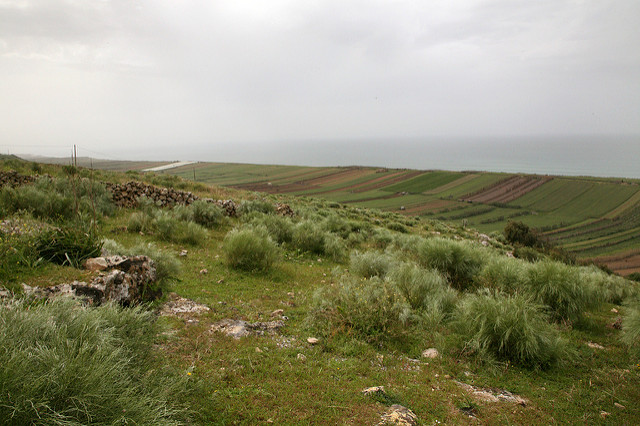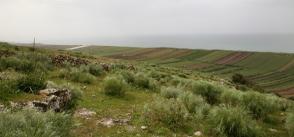
Conserving traditional crop diversity and wild medicinal plants in Morocco
Morocco is a key producer of fruits and vegetables for global markets thanks to the government’s push for commercialized crop production – but at what cost?
This article - by Abderrahim Ouarghidi, Ph.D. of Penn State University, PA, USA - explores how “modern” crops have threatened not only Morocco’s agrobiodiversity and local crop varieties but also the country’s small-scale farmers, customary farming practices, community and individual economic welfare, and even cultural traditions.
The Moroccan proverb “New things have a charm and old ones should be preserved” has wide applicability in current Moroccan agricultural practices and attitudes toward conventional and local crop varieties. The revealing adage is part of the Moroccan identity and way of life. Moroccan people are committed to establishing a distinctive modernity based upon existing cultural traditions of which high value is placed.
For instance, there is great preference for local or “beldi” foods, such as “a’slhur” (pure unfiltered honey), “zit ud” (olive oil), and “shriha skouria” (a local fig variety) that have always been appreciated and valued delicacies. Nearly all Moroccan communities consider “beldi” food items to be healthy, tasty, and nutritious.
Despite this, government agencies responsible for deciding agricultural policy and education in Morocco often focus heavily on commercialization, profit, and production for global markets. The effort to create a continuously thriving agricultural sector has undoubtedly positioned Morocco as a key producer of fruits and vegetables for European and international markets. However, in the process, local knowledge and practices of small-scale farmers have been inadvertently undermined, consequently leading to the loss of agrobiodiversity and traditional crop varieties.
Although such crop varieties are highlighted in Morocco’s “Green” strategic plan for agriculture, limited attention has been given to local crops, agricultural practices, and species, which represent a fundamental genetic resource for small farmers and the future of these crops on a global scale. The genetic diversity preserved in crop varieties can provide the raw materials needed to ensure continued production in the face of water scarcity as well as rapid climate and environmental changes.
Read the full article by Abderrahim Ouarghidi, via High Atlas Foundation.
[Photo by Jennifer Pickens | Flickr]







